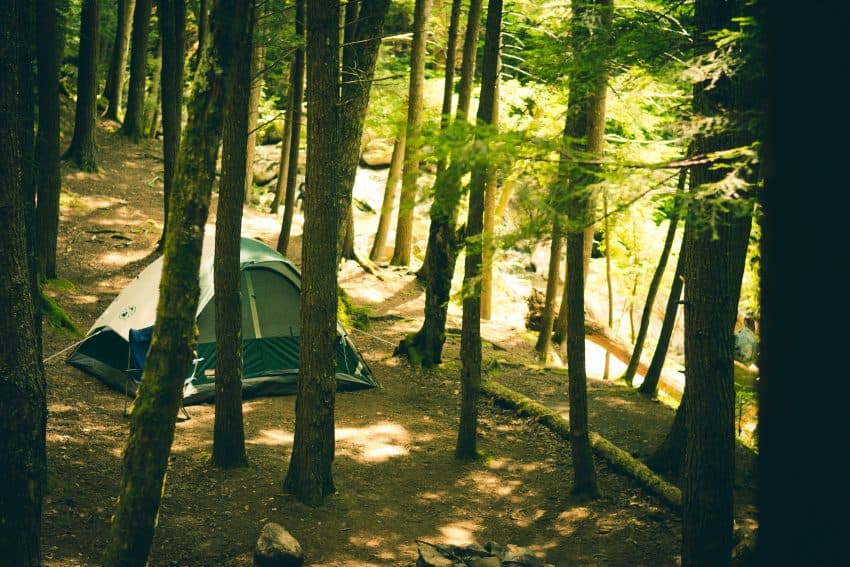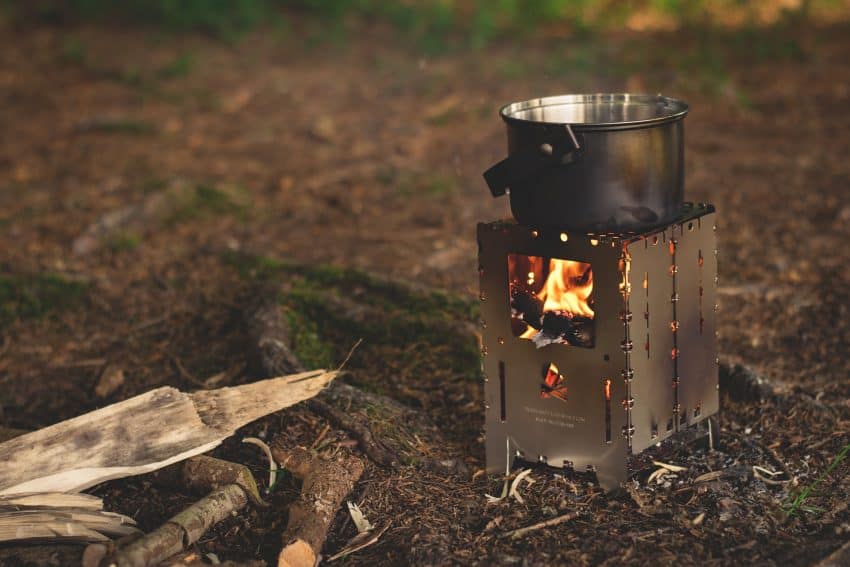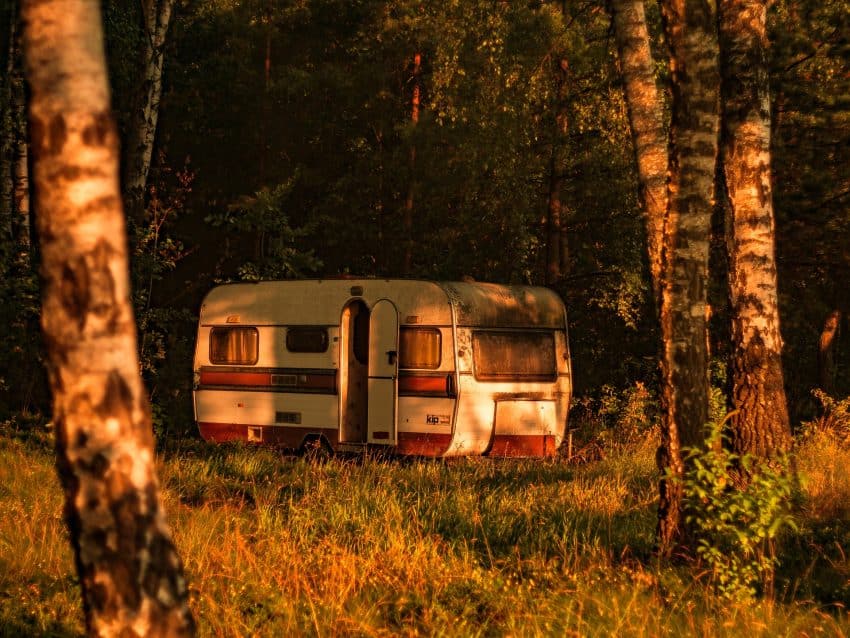Wild camping is a fantastic cheap – if not free – way to take a break from day to day life and get back to basics. Some consider simply pitching a tent on a designated campsite to be wild camping. For many others, though, wild camping takes the traditional camping trip a step further. For them, wild camping is going completely off grid, as far from other people as you can get, and living on what the land provides… or your supplies. Sounds like the dream, doesn’t it?
But, here in the UK, wild camping isn’t as simple as pitching camp wherever you fancy. In the majority of places, it’s actually illegal. But, there are ways to take a walk on the wild side within the law.
Head somewhere where wild camping is permitted

While wild camping is illegal in most of the UK, there are areas where it’s permitted. On Dartmoor, for example, you’re allowed to camp for up to two consecutive nights in the same spot. You’ll just need to make sure you’re well away (more than 100 metres) from any public roads, and the area isn’t otherwise enclosed or restricted.
In Scotland, the Land Reform Act (2003) stipulates that you can camp on any unenclosed land. There are a few exceptions, though. Private residential property, school grounds, golf courses, quarries and military bases are all off limits. So, it’s best to exercise common sense and caution when selecting a spot. There are also some areas that are subject to local byelaws that prohibit wild camping. For example, Tiree in the Inner Hebrides and East Loch Lomond.
Ask permission

If you’re determined to make your wild camping experience truly wild, then there’s still a way you can do this within the law here in the UK. Simple as it may seem, seeking permission to camp from the land owner is, in many cases, all you’ll need to do. You’ll need to be considerate, though. Land owners who permit camping will expect you to leave no trace of your stay. So, use a stove rather than a campfire, take your rubbish with you, and leave the place as you found it. Even with permission, look out for no camping signs, as the land owner probably has good reason to ask you to steer clear of that area, and be mindful of the habitat around you.
Related: 50 things to do on your no-spend weekend
Find a campsite that offers ‘wild’ pitches

For some, being far from creature comforts like a toilet and running water is a step too wild. But, the idea of going off the grid still has its appeal. There are a number of campsites around the country that, with their spacious sites, small number of pitches and often unique locations, still feel pretty wild. This is a good halfway house for those new to wild camping, or unwilling to go without certain essentials. PitchUp has an excellent selection of campsites to pick from, both in the UK and beyond!
Safety first

Whatever your camping plans, put safety first. Prepare for any and all weather conditions, no matter the time of year. It’s also sensible to carry basic supplies like a first aid kit, torch and a whistle wherever you’re camping. Even if you’re going to an organised campsite, you should also let someone know where you’re going to be, and how long for. Many locations people choose for wild camping are very remote and have limited phone signal. Having a few people know where to find you can never do any harm.
Have fun in the great outdoors!



















